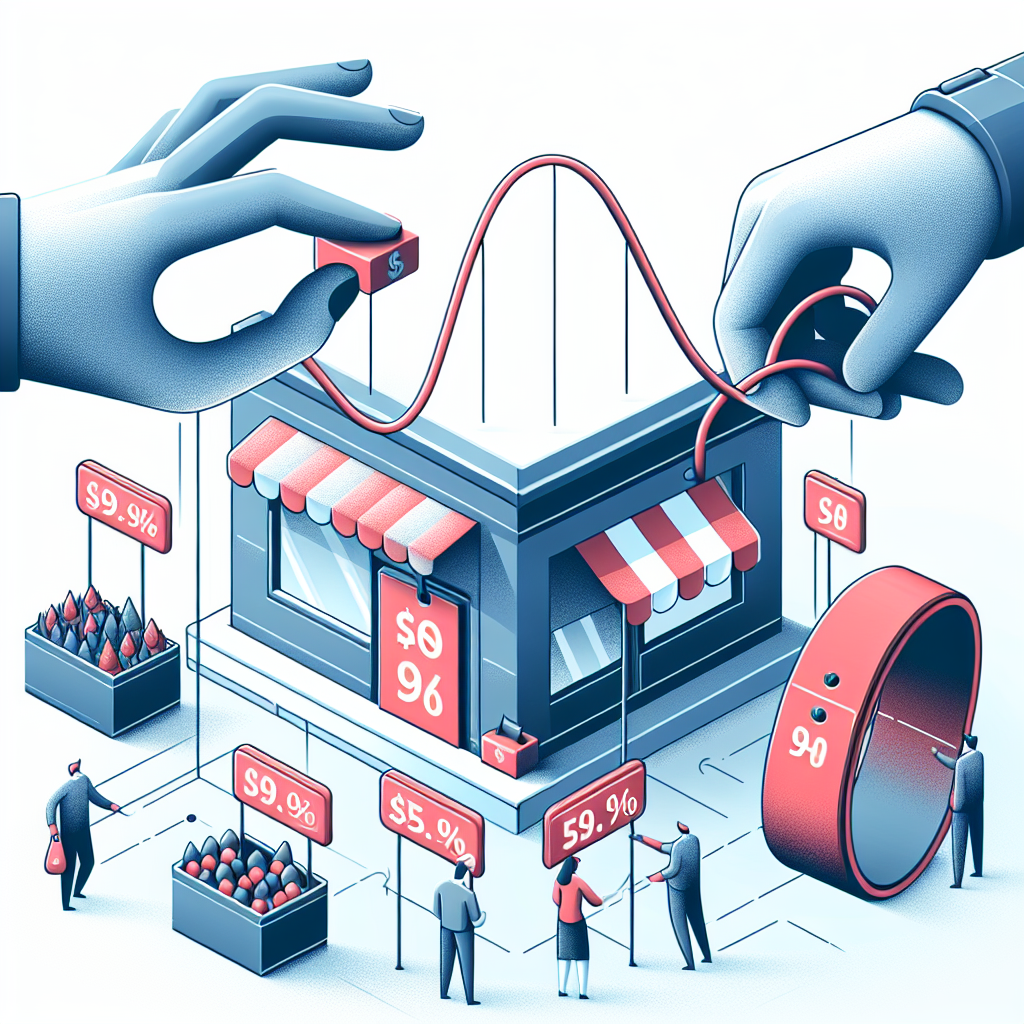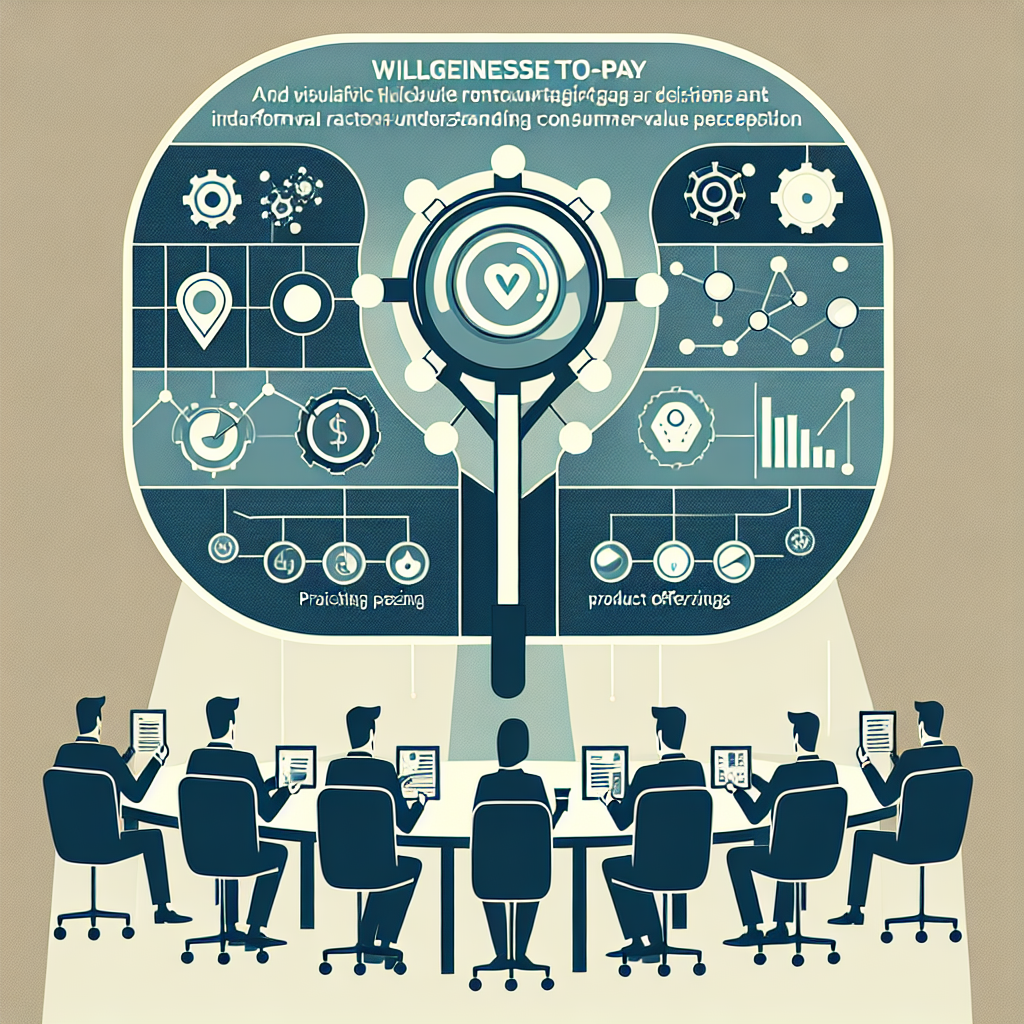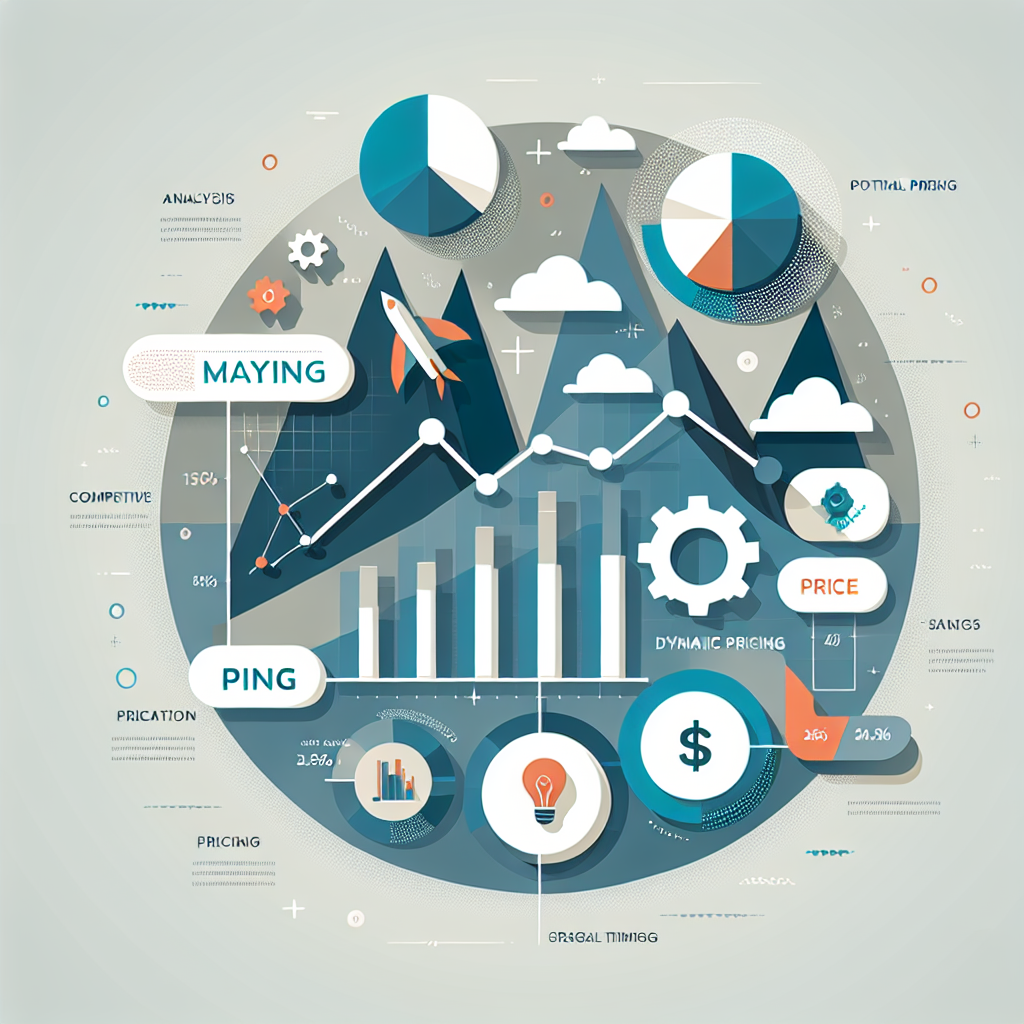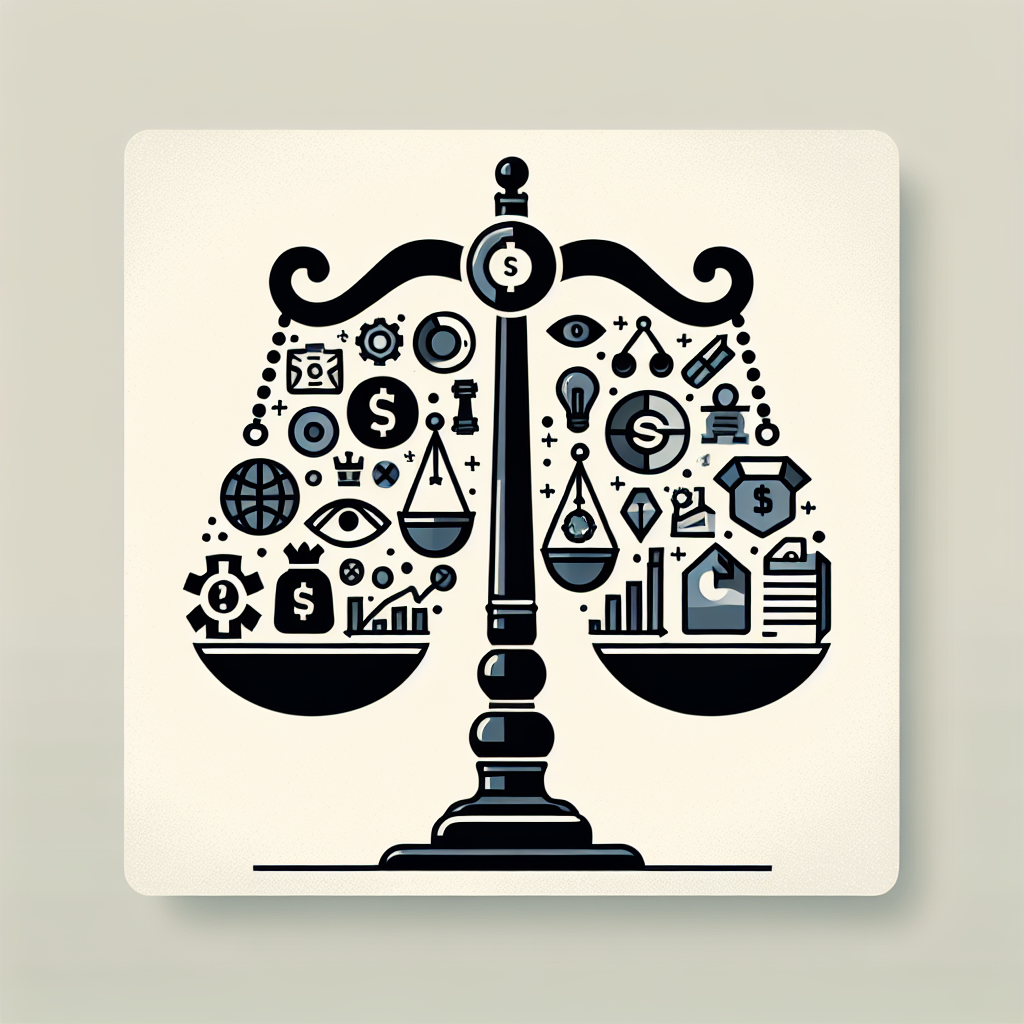Key Performance Indicators (KPIs) for Modern Marketers: A Comprehensive Strategic Analysis
1. Introduction: The Transformation of Marketing Measurement in the Digital Era
In the rapidly evolving digital landscape, marketing has transcended traditional measurement approaches, emerging as a sophisticated, data-driven discipline that demands precision, insight, and strategic intelligence. A groundbreaking 2023 Gartner research report reveals a pivotal shift: 87% of marketing leaders now view advanced analytics as the cornerstone of their strategic decision-making process, with organizations investing an average of 13.6% of their marketing budgets directly into analytical technologies and infrastructure.
The metamorphosis is profound. McKinsey's comprehensive global study illuminates the transformative power of data-driven marketing strategies: organizations that effectively leverage data are 23 times more likely to acquire customers, six times more likely to retain them, and an astounding 19 times more likely to achieve profitability. Key Performance Indicators (KPIs) have emerged as the critical bridge between raw data and strategic insight, fundamentally reshaping how businesses conceptualize, execute, and optimize their marketing efforts.
2. Comprehensive KPI Frameworks: Beyond Surface-Level Metrics
a) Detailed KPI Categorization and Industry Benchmarks
- Customer Acquisition Metrics: A Deep Dive The landscape of customer acquisition presents a nuanced picture of marketing effectiveness across industries:
- Customer Acquisition Cost (CAC):
- B2B Technology Sector: Average CAC stands at $341, reflecting the complex sales cycles and high-touch engagement requirements
- E-commerce Platforms: Relatively lower at $87, indicative of more streamlined digital acquisition strategies
- Financial Services: Highest at $303, underscoring the regulatory complexity and trust-building necessary in this sector
- SaaS Companies: Averaging $205, balancing digital efficiency with comprehensive onboarding processes
- Conversion Rate Insights:
- Overall Website Conversion Rate: Global average of 2.35%
- Top-Performing Websites: Achieve remarkable conversion rates of 11.45%
- E-commerce Conversion Benchmarks: Typically range around 1.72%
- B2B Website Conversions: Steady at 2.23%, highlighting the deliberative nature of business purchasing decisions
- Engagement and Performance Metrics: Measuring Digital Interaction Modern marketing demands granular understanding of audience engagement:
- Social Media Engagement Rates:
- LinkedIn: Maintains highest engagement at 2-3%, reflecting professional networking dynamics
- Facebook: Stabilized between 0.6-1.2%
- Instagram: Robust 1.22% engagement rate
- Twitter: More modest at 0.33%
- Website Performance Indicators:
- Average User Engagement: 52 seconds per page
- Bounce Rate Benchmark: Typically between 41-55%
- Mobile Traffic: Dominates at 56% of total web traffic, underscoring mobile-first strategies
- Revenue and Financial Performance Metrics Strategic marketing increasingly demonstrates direct financial impact:
- Marketing ROI Landscape:
- Top-Performing Organizations: Achieve impressive 5:1 ROI ratios
- Industry Average: Consistent 3:1 return on marketing investments
- Digital Marketing Specifics: Strong 4.4:1 ROI potential
b) Advanced Analytical Methodological Approaches
- Multi-Touch Attribution Models:
- Adoption Rate: 68% among high-performing marketing teams
- Efficiency Improvement: Potential 15-20% marketing process optimization
- Enables comprehensive understanding of customer journey complexity
- Predictive Analytics Revolution:
- Targeting Improvement: 62% of companies report enhanced precision
- Conversion Rate Potential: Up to 30% increase through intelligent forecasting
- Enables proactive, anticipatory marketing strategies
3. Real-World Implementation: Strategic KPI Case Studies
Adobe: Holistic Analytics Mastery
Strategic KPI Implementation Highlights:
- Marketing Efficiency Improvement: 22% operational enhancement
- Campaign Conversion Rate Boost: 15% increase
- Digital Experience Revenue: $4.52 billion in 2023
- Market Penetration: Utilized by 89% of Fortune 100 companies
Spotify: Engagement-Driven Performance Measurement
Performance Metrics Breakdown:
- Monthly Active Users: 551 million
- Premium Subscriber Base: 236 million
- Average Daily Listening Time: 2.5 hours per user
- Year-over-Year User Growth: 45% expansion
4. Technological Infrastructure and Market Dynamics
- Global Marketing Analytics Market:
- Current Market Size: $42.4 billion
- Projected Growth: 16.4% Compound Annual Growth Rate (2024-2030)
- Cloud-Based Analytics Adoption: 73% of businesses
5. Implementation Challenges and Strategic Mitigation
- Data Integration Complexities:
- Organizational Data Silo Challenges: 47% of marketing teams struggle
- Measurement Standard Inconsistencies: 35% report alignment difficulties
- Recommended Approach: Invest in unified data platforms and cross-functional training
- Privacy and Compliance Considerations:
- Consumer Privacy Concerns: 89% express data usage apprehensions
- Regulatory Landscape: GDPR violations resulted in €1.5 billion in penalties (2022)
- Strategic Imperative: Develop transparent, ethical data management protocols
6. Future Trajectory: Emerging KPI Frontiers
- Artificial Intelligence in Marketing Analytics:
- Projected Market Value: $107.3 billion by 2025
- Potential Productivity Enhancement: 40% efficiency improvement
- Focus Areas: Predictive modeling, personalization, automated insights
7. Conclusion: Transforming Metrics into Strategic Intelligence
Organizations embracing advanced KPI strategies demonstrate remarkable outcomes:
- Marketing ROI Improvement: 15-20% increase
- Decision-Making Velocity: 30% faster strategic responses
- Customer Satisfaction Enhancement: 25% improvement
Call to Action: Strategic Investment Priorities
- Analytics Platform Budget: Allocate 13-18% of marketing expenditure
- Data Science Talent Acquisition: Anticipate 35% job market growth by 2028
- Continuous Learning: Dedicate 10% of marketing budget to skills development and technological adaptation
The future belongs to organizations that can transform complex data into actionable, strategic intelligence—turning metrics from passive measurements into dynamic strategic assets.
Featured Blogs
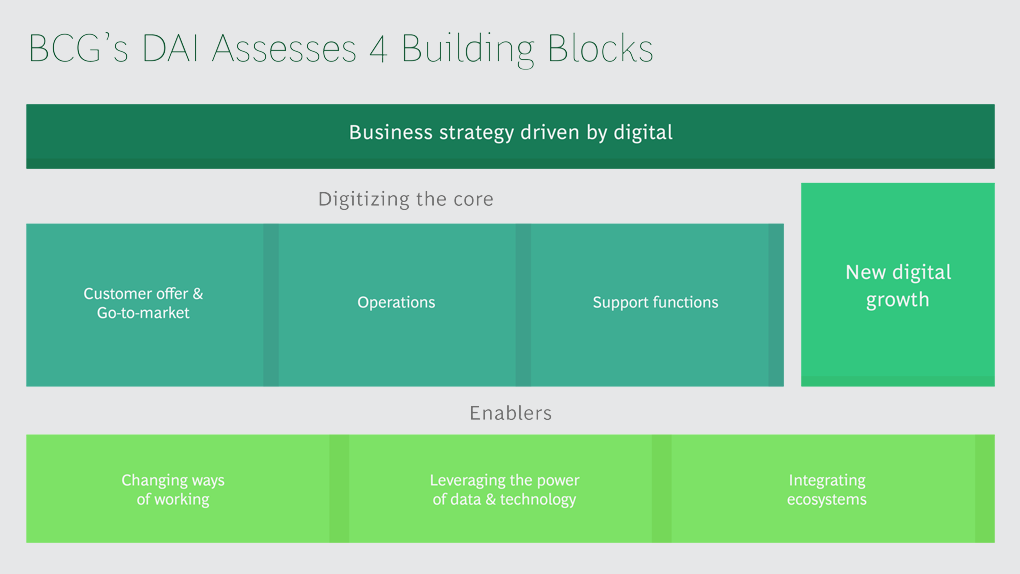
BCG Digital Acceleration Index
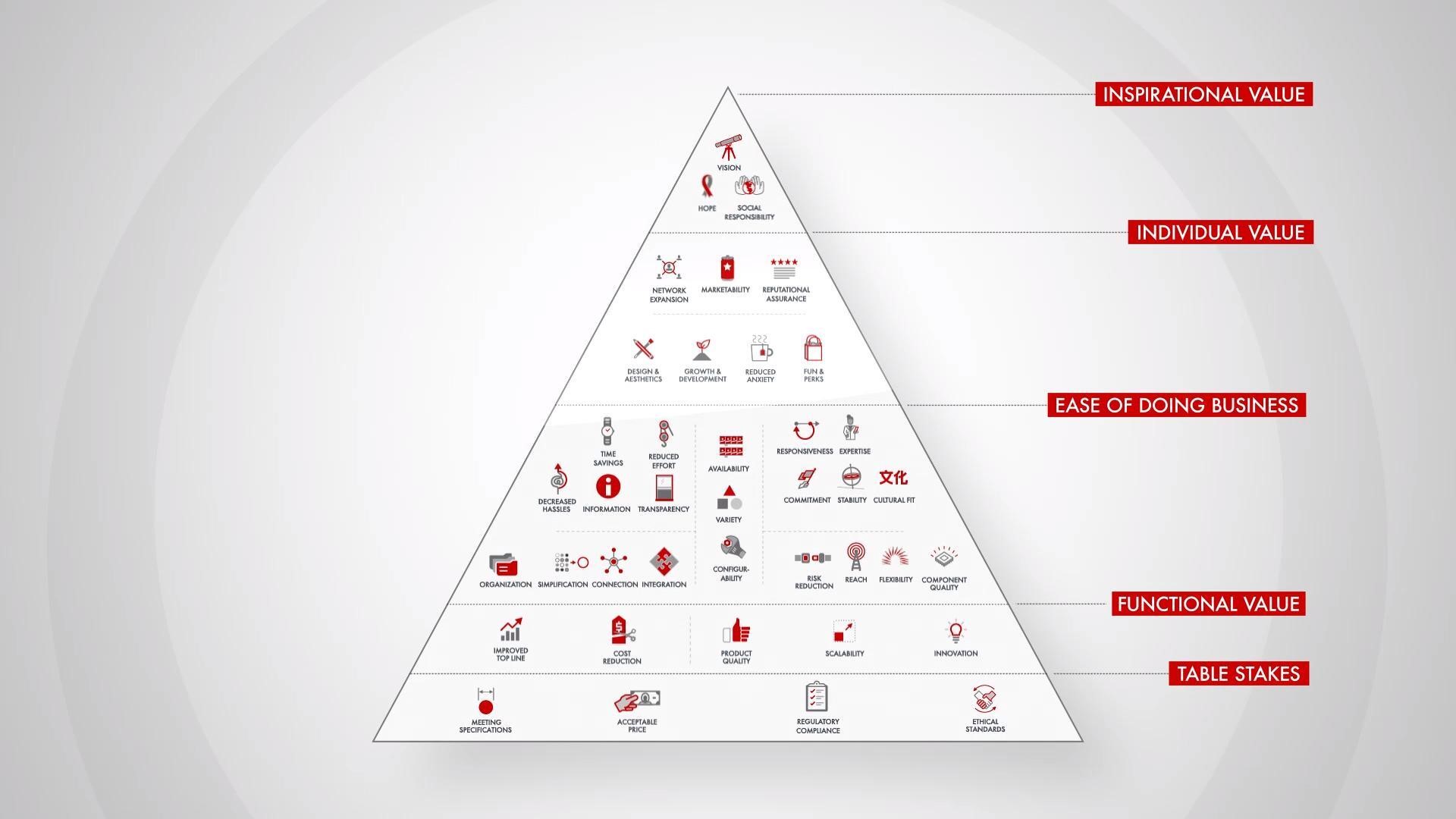
Bain’s Elements of Value Framework
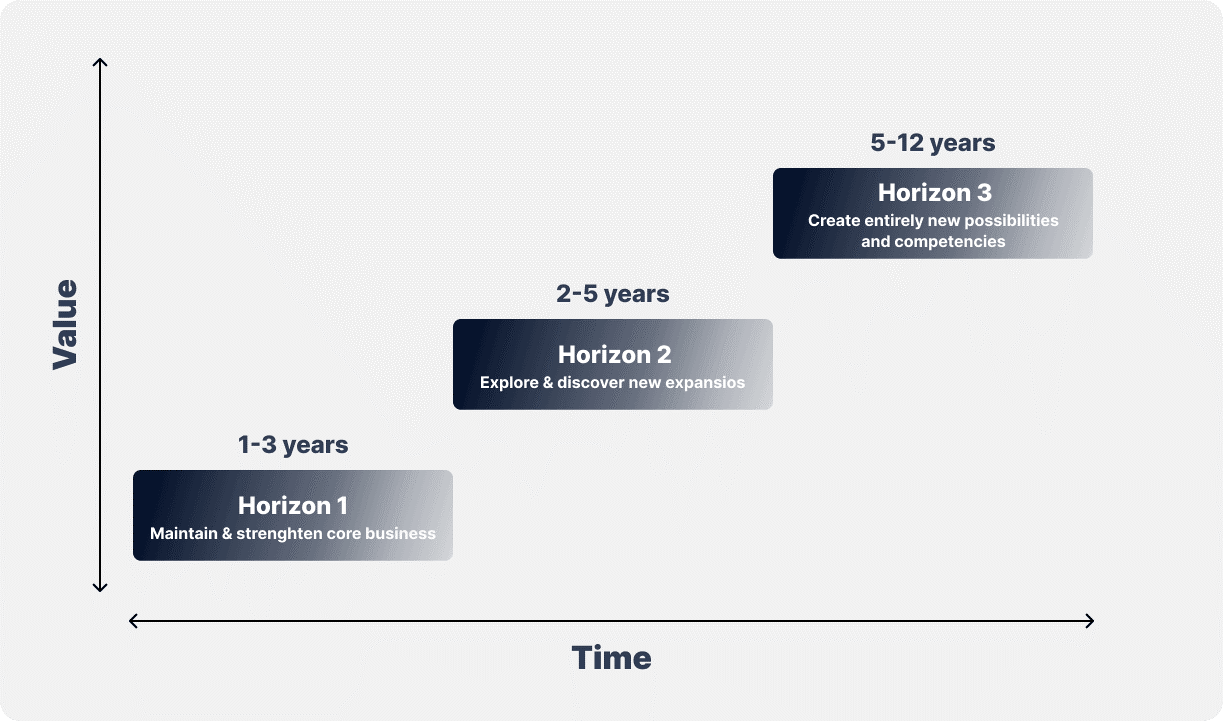
McKinsey Growth Pyramid
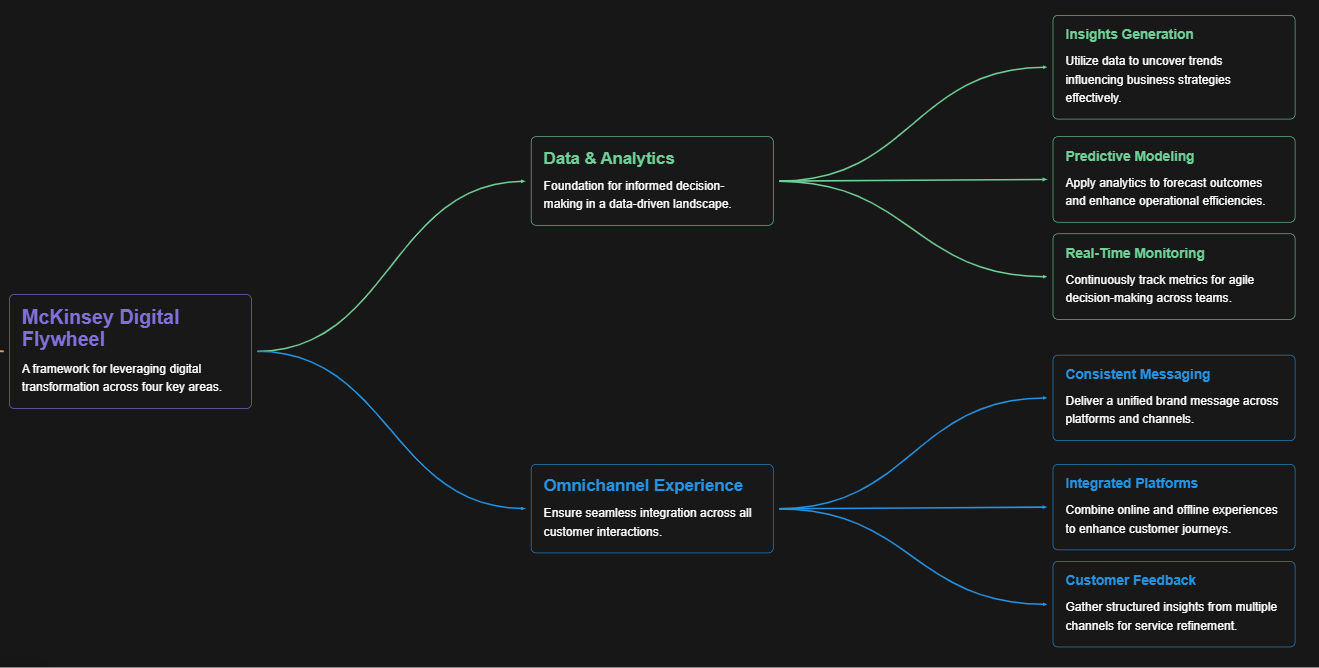
McKinsey Digital Flywheel
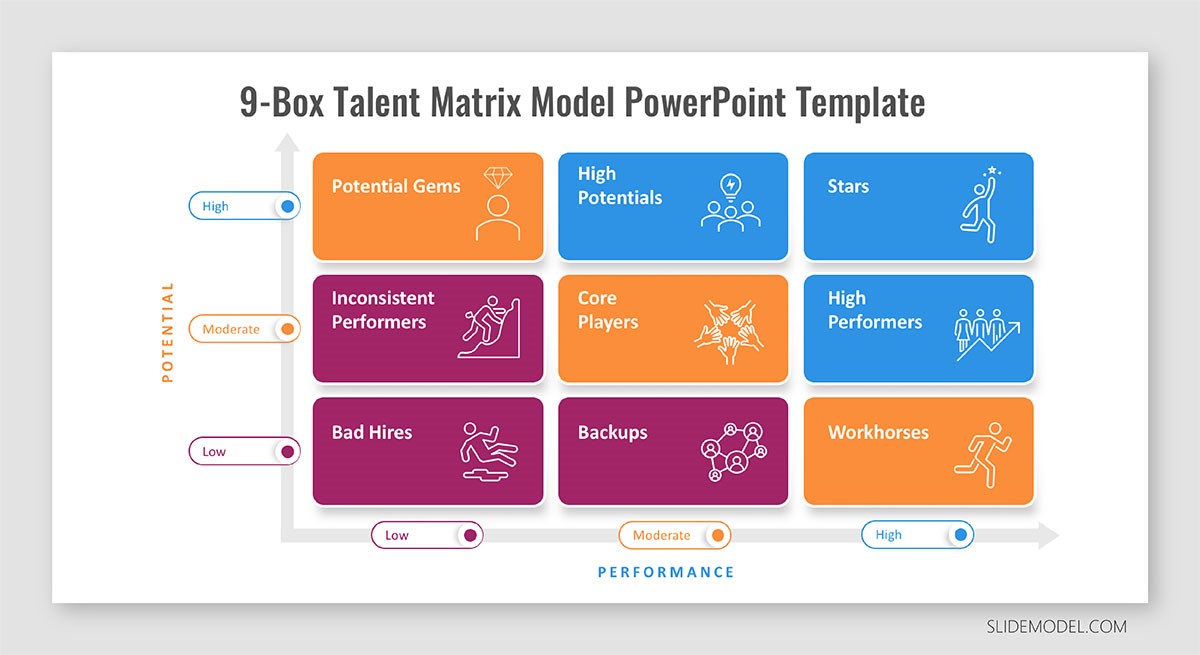
McKinsey 9-Box Talent Matrix
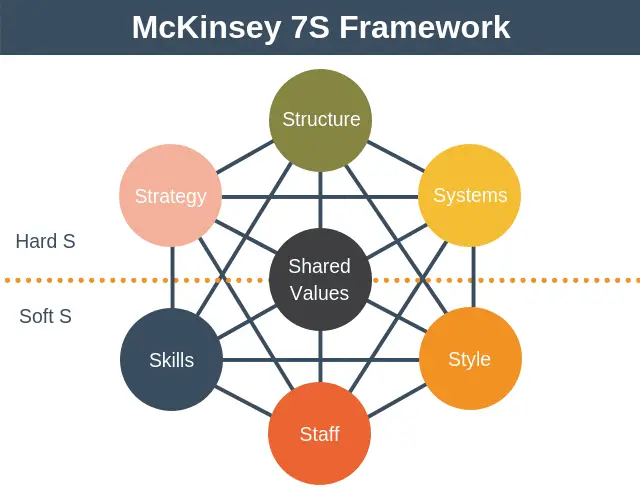
McKinsey 7S Framework
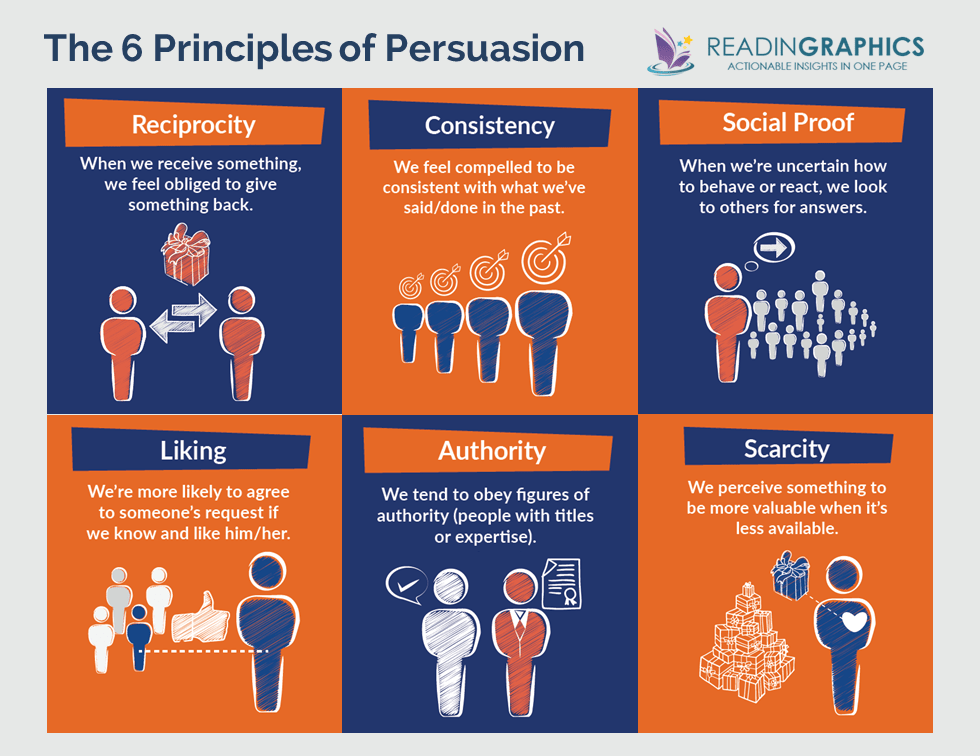
The Psychology of Persuasion in Marketing
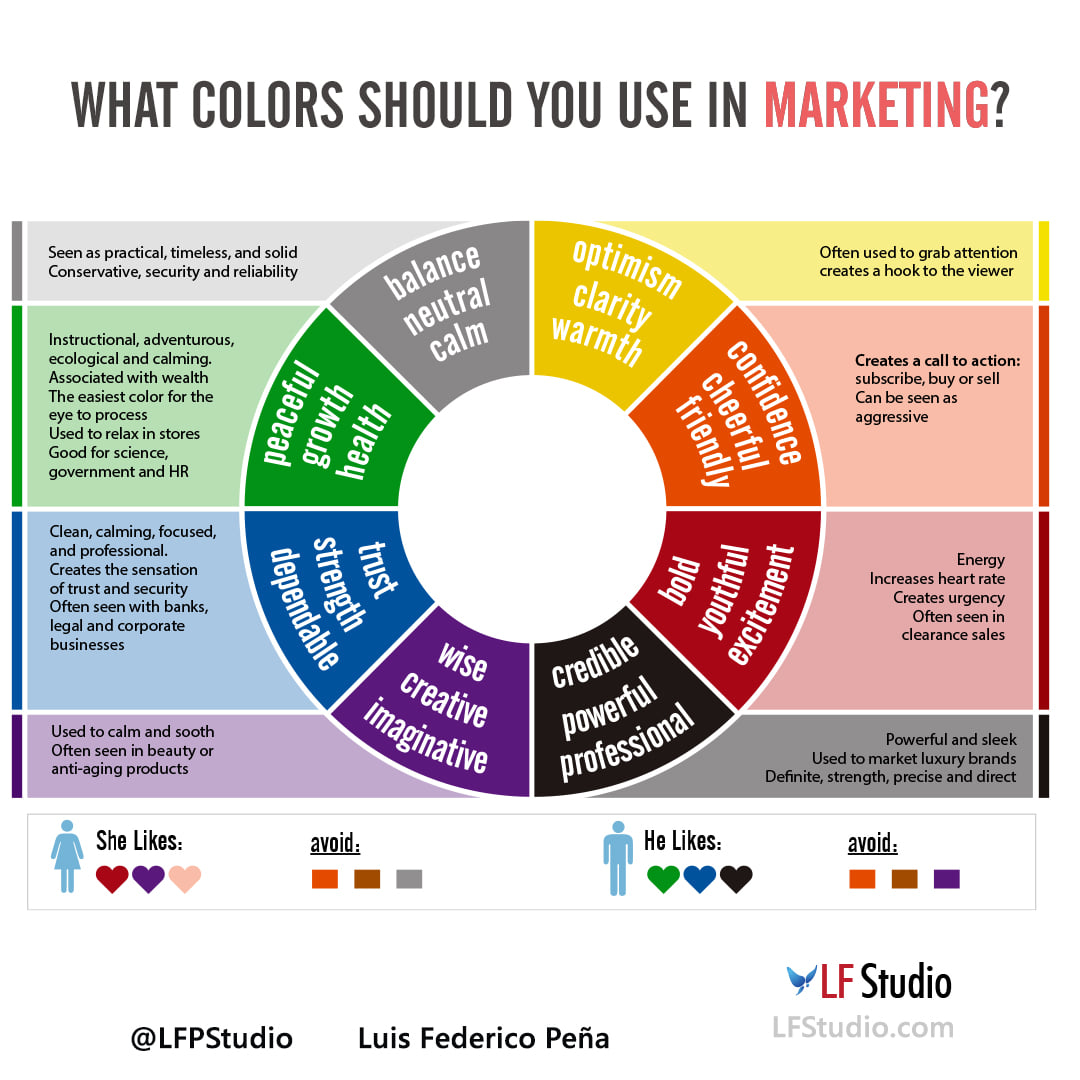
The Influence of Colors on Branding and Marketing Psychology



